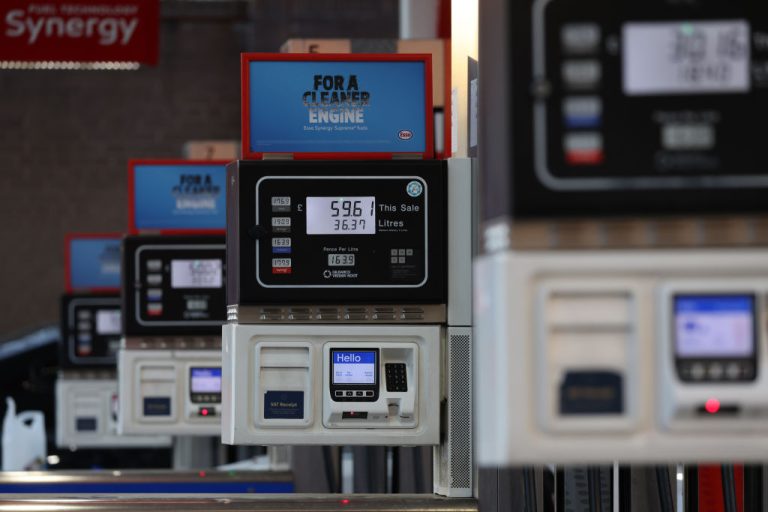As the United Kingdom naturally participated in the Washington-led all out boycott of everything Russia as a member of NATO following the Ukraine War, some entities were quietly taking advantage of maritime loopholes to import Russian oil in spite of the Western establishment consensus.
The news was broken by The Times on Nov. 20 as it chronicled the story of one such tanker, the Mariner III, operating under the Panama flag according to the website Vessel Finder, which collected 200,000 barrels of crude from Russia before setting out to sea.
Five days later, Mariner III pulled up next to the Greek tanker Marinoula inside Greece waters and passed off a portion of its holdings.
A few days later, Marinoula docked in the UK and offloaded its entire 250,000 barrel holdings without having to disclose that a portion of which originated in Russia.
MORE ON EUROPE AND SOCIAL CREDIT
- Carbon Tax to Cost Canadian Farmers Upwards of $100,000 Annually
- ‘We Will Have Control’ Over Elon Musk’s Twitter Algorithms, EU Privacy Commissioner Claims
- Spain Releases Stamp Celebrating Communist Party’s 100 Year Anniversary
“Official records, however, declare that the UK received no oil from Russia in June or in July. The shipment was classified and reported correctly under British reporting protocols and there was no breach of maritime rules,” the article stated.
Success
You are now signed up for our newsletter
Success
Check your email to complete sign up
The Times stated that this process occurred at least 39 times, amounting to more than £200 million worth of Russian inventory arriving in the country, with £80 million importing during June and July alone.
“In total, £778 million of Russian oil has arrived at ten UK ports since March, according to UK trade statistics,” the article added.
The motive for such actions is usually economic as the Russian Federation is a significant source of energy at a time when Europe has suffered from an exceptional energy crisis.
According to an infograph by website Visual Capitalist, as of 2021, Russia was the third largest producer of oil on the planet at 12.2 percent of production, matching that of Saudi Arabia.
The United States and Canada combined to produce 24.5 percent of global production by comparison.
The European energy crisis is so significant that countries such as Poland told citizens back in June that they can go to the forest to gather fallen trees for firewood to prepare for winter.
Consider that in June, Brent Crude Oil Futures traded between $123.58 and $103.97, the highest prices seen since 2012.
By July, Brent was still trading in an enormous premium range of $111.63 to $99.10.
Buying from Russia presented a highly lucrative discount in some cases.
In March, Russia, as it faced the impact of nearly global oil embargoes, sold 3 million barrels of oil to India, not only in exchange for rupees instead of the U.S. petrodollar, but at a 20 percent discount to market price.
As of time of writing, Brent trades at $87.45.
In September, when both European and American natural gas prices were at multi-year or all-time highs, big money traders who could afford to take on large risks were able to net as much as $133 million in profit per shipment of liquified natural gas from America to Europe.
The practice was so prolific that it led to a global shortage of tanker ships capable of conducting the transactions.
The Times points out that no laws have been broken because until Dec. 5, importing Russian oil into the country is actually legal and merely frowned upon in terms of a business or a traders’ social credit.
“When they pull into port, ships have to provide the country of origin of their cargo — in the case of oil, where it is refined,” authors add.
The outlet added, “Since March, Refinitiv data shows there have been 267 likely ship-to-ship transfers around the world involving Russian oil. About a third were in the waters off Kalamata. One took place off Southwold, Suffolk. More may have taken place but shipping experts say many vessels may be turning off their global-positioning trackers to avoid detection.”

















